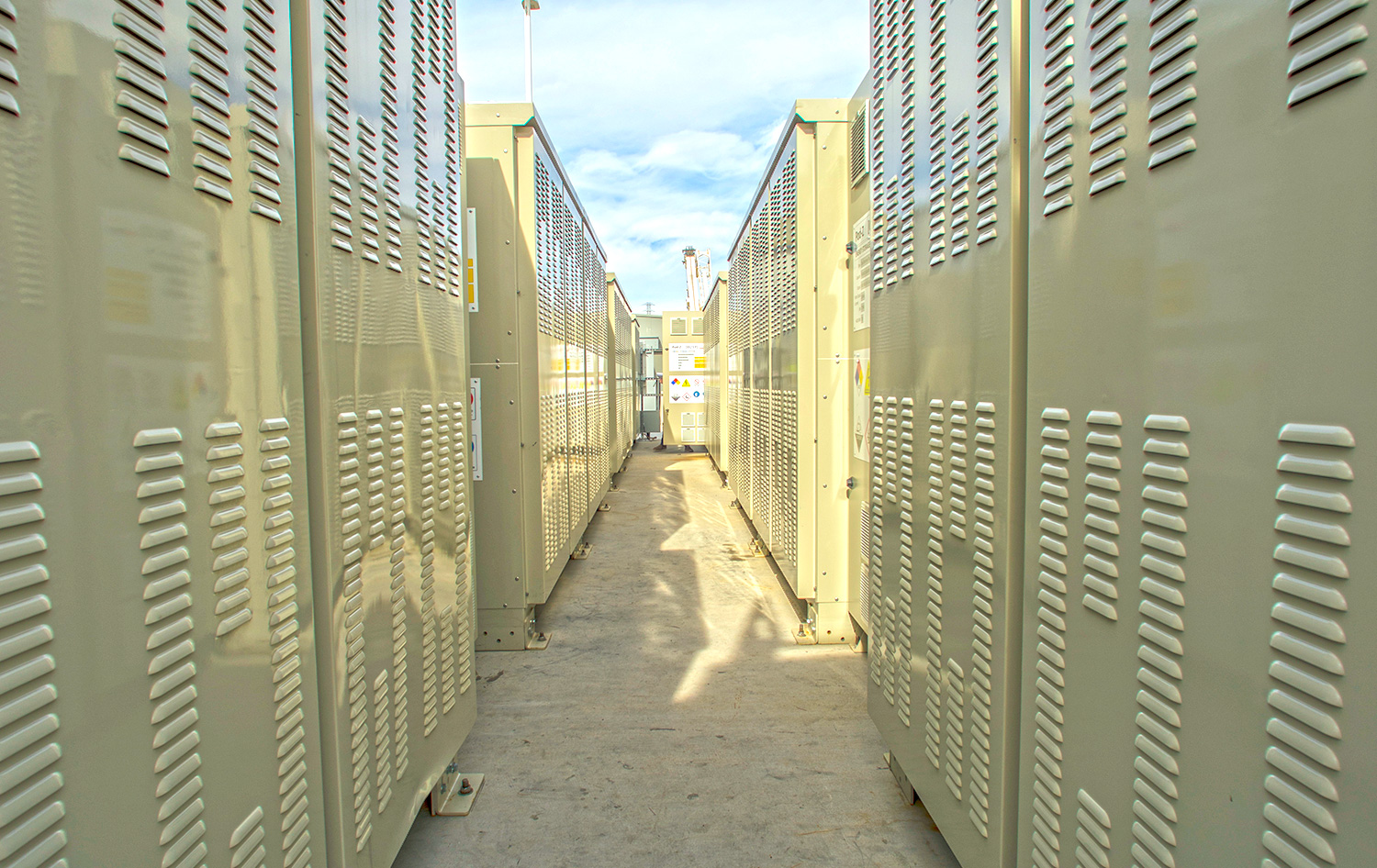The Advanced Materials and Battery Council
The AMBC is promoting the development of Australia’s Advanced Materials and Battery (AMB) Industry for the benefit of the Australian economy, environment and public.
Who We Are
The Council operates as a not-for-profit organisation supporting the development of Australia’s Advanced Materials and Battery (AMB) Industry, including growing networks between proponents in the mining, processing, refining, manufacturing, integration, installation, recycling and research segments of the AMB value chain for the benefit of the Australian economy, environment and public.


Why do we need Advanced Materials and Batteries?
As the international community progresses towards Net Zero Emissions there will be increasing demand for battery storage. Investment in electrification will likewise see increased demand for novel battery technologies in transportation.
This demand is driving new economic opportunities. Australia’s abundant natural resources, world-leading researchers and, entrepreneurs make it a suitable location for developing a fully integrated local battery supply chain that meets our environment’s needs and significantly boosts our economy.
The AMBC is the only organisation speaking for the entire battery supply chain with membership across research and industry.

Our Projects
The Council enables industry, government and academia participants from across the value chain to connect, collaborate, and promote opportunities and policies aligned with the rapid development of a successful industry. Discover more about our work.
Advising Government
We are authoring a ‘State of the Sector Reports’ for the Queensland Government. Find out more about past and future editions.
Influencing Policy
We act as a voice for the industry on policy issues. Find out more by browsing our submissions and other key resources.
Networking Opportunities
We facilitate links across research, industry, and government through our regular networking meetings, and events. Learn more about our initiatives including ‘Australia Battery Day’.
Stay Informed
Stay up to date on industry developments by reading our news insights.
